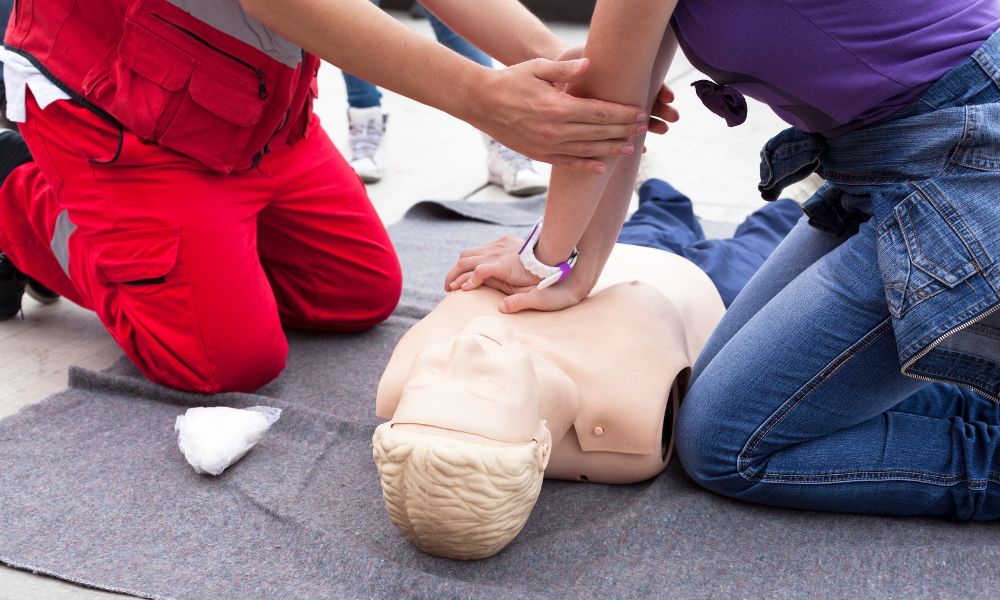Emergencies can strike at any moment. This makes possessing basic first aid skills important. A General First Aid Certification equips individuals with the knowledge and skills to respond effectively in critical situations. This comprehensive course covers an array of topics, ranging from basic life support to handling environmental diseases and poisonings. Here’s how a 13-hour time commitment can make you a more prepared individual:
The Red Cross and the Foundation of First Aid
The General First Aid Certification often draws from the expertise of renowned organizations like The Red Cross. Participants gain insights into the foundational principles of first aid, understanding the importance of prompt and effective intervention. This sets the stage for the subsequent modules, creating a solid framework for individuals to act confidently in emergency scenarios.
Prepare to Act – The Crucial Initial Steps
‘Prepare to Act’ focuses on honing participants’ ability to assess situations swiftly, emphasizing the importance of a structured approach – Check, Call, Rescue. These fundamental steps lay the groundwork for a systematic and effective response to emergencies, ensuring that every moment counts in saving lives.
Navigating the Emergency Medical Services System
Participants delve into the intricacies of how emergency services operate, fostering a collaborative approach between trained individuals and professional medical assistance. This knowledge enhances the overall effectiveness of the aid provided, bridging the gap between initial response and professional medical care.
Respiratory and Circulatory Emergencies
A significant portion of the course is dedicated to respiratory and circulatory emergencies. Participants learn to identify and respond to crises such as cardiac arrest, emphasizing the crucial role of timely intervention. From recognizing symptoms to administering CPR, the course instills confidence in handling scenarios where quick, informed decisions can be life-saving.
Comprehensive First Aid – From Wound Care to Musculoskeletal Injuries
Wound care, head, neck, spine, bone, muscle, and joint injuries constitute essential components of the curriculum. Participants gain practical skills in providing immediate care for various injuries, minimizing risks of complications and promoting faster recovery. This holistic approach ensures that individuals are well-prepared to address a spectrum of injuries, promoting a safer environment.
Sudden Medical Emergencies and Environmental Diseases
The course extends its coverage to sudden medical emergencies and diseases triggered by environmental factors. Participants learn to recognize symptoms and respond effectively, whether facing seizures, diabetic emergencies, or conditions arising from environmental exposures.
In this regard, general Formation Premier Soins transcends basic knowledge, offering a comprehensive skill set that empowers individuals to be effective first responders.











